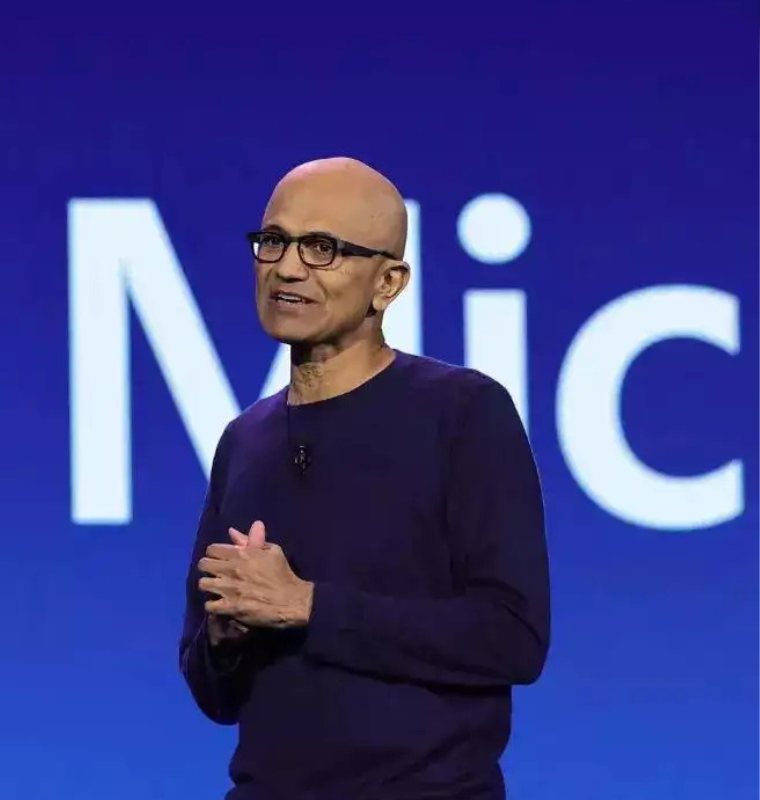Trump’s Tariff Exemptions Offer Relief to Tech Sector, But ‘Mass Uncertainty’ Looms, Warns Dan Ives
Trump’s Tariff Exemptions Offer Relief to Tech Sector, But ‘Mass Uncertainty’ Looms, Warns Dan Ives
By
Rachel Steinberg
Last updated:
April 14, 2025
First Published:
April 14, 2025

Source: Yahoo Finance
Exemptions Help Tech—for Now
In a move welcomed by Silicon Valley and global electronics makers, the Trump administration recently announced exemptions for smartphones, computers, semiconductors, and other key tech components from its aggressive tariff plans. While the decision has offered some much-needed breathing room for the tech sector, experts warn that uncertainty still hangs heavily over the markets.
Dan Ives, Managing Director and Senior Equity Analyst at Wedbush Securities, described the administration’s decision as “the right move,” emphasizing that the tariffs—had they gone into full effect—would have caused significant disruption in tech product supply chains and consumer pricing.
“If these tariffs went into effect, it would essentially act like a shut-off valve, choking the flow of devices and components into the U.S. tech ecosystem,” Ives wrote in a market note dated Sunday.
Relief in Tech, But Markets Still On Edge
Despite the temporary reprieve, Ives stressed that the global investment community is far from reassured.
“There’s still mass uncertainty, chaos, and confusion around what comes next,” he said. “All eyes are now on ongoing U.S.-China negotiations, which are turning into a high-stakes poker match.”
Investors are bracing for further developments this week, particularly any indication of whether progress will be made between Washington and Beijing as they navigate one of the most complex and volatile trade relationships in modern history.
Tech Giants Dodge a Bullet
The tariff exemptions come at a crucial time for Big Tech. Companies like Apple, Microsoft, Intel, and Qualcomm were poised to take a substantial hit if tariffs were imposed on their core product lines and supply chains, many of which are heavily reliant on Chinese manufacturing. Analysts estimated that iPhone prices alone could have risen by up to $100 per device, putting additional strain on consumers and pressuring sales.
Earlier this year, Apple CEO Tim Cook had multiple meetings with Trump, reportedly warning that tariffs would damage U.S. competitiveness against foreign rivals like Samsung, who operate largely outside China. The new exemptions appear to reflect pressure from both tech leaders and major U.S. retailers, all concerned about the timing and scope of potential price hikes ahead of the holiday shopping season.
What’s Next? A Fragile Truce
While the latest move has tempered some fears, it remains a temporary solution. The broader trade war narrative is still very much alive, and markets are likely to remain volatile unless a more comprehensive trade agreement is reached.
Industry analysts are now urging the White House to pursue a longer-term resolution to avoid the “yo-yo effect” that short-term policy shifts have created. Global supply chains, already reeling from years of tariff battles and pandemic disruptions, require stability to plan production, inventory, and pricing strategies moving forward.
According to Bloomberg and Reuters sources, future tariff decisions may hinge on China’s response in upcoming negotiations, where tech IP rights, market access, and digital governance are likely to dominate the agenda.
Final Thoughts
The Trump administration may have temporarily sidestepped a tech crisis, but uncertainty remains the prevailing market sentiment. As negotiations between Beijing and Washington continue, investors and corporations alike are bracing for potential policy pivots that could either stabilize or rattle global markets even further.
Popular articles
Subscribe to unlock premium content
Inside the Hidden Empire Profiting from America's Most Vulnerable

The Future of Warfare: How Artificial Intelligence is Quietly Rewriting Military Power

The Future of Saudi Arabia: Building a Trillion-Dollar Vision in the Desert
.png)
Inside the Hidden Empire Profiting from America's Most Vulnerable

The Future of Warfare: How Artificial Intelligence is Quietly Rewriting Military Power

Inside the Hidden Empire Profiting from America's Most Vulnerable









